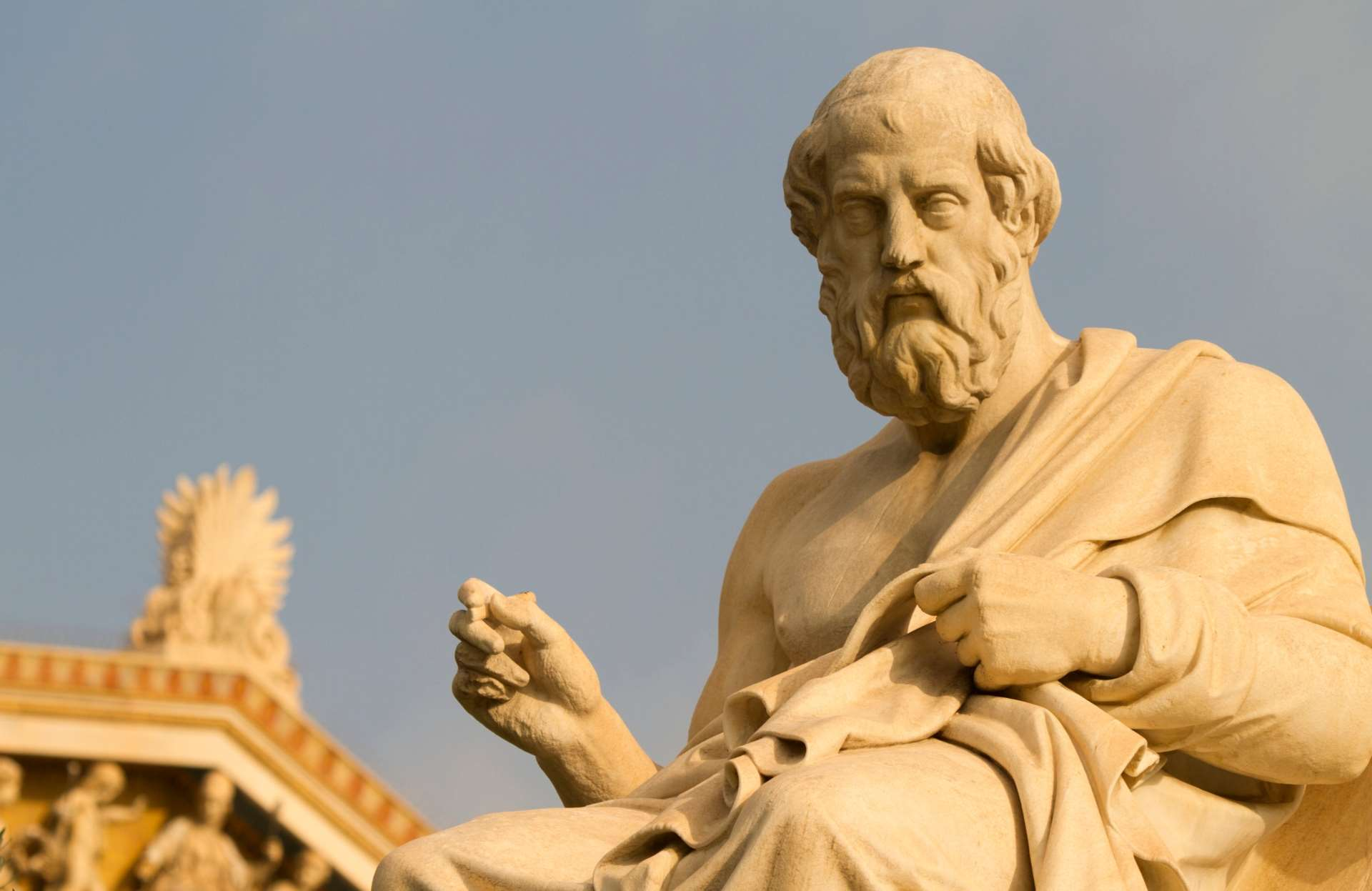Dolphins appear frequently in Greek mythology. In one myth, a dolphin saved the life of Arion of Lesbos, a famous lyre player. Arion was sailing back to Greece after a concert tour of southern Italy when the sailors on the ship plotted to kill him and take the money he had earned. Surrounded, Arion asked them to let him sing one last song. The sailors allowed this, and Arion’s music drew several dolphins to the ship. As he played, the dolphins swam alongside the ship and Arion decided to take a leap of faith and jumped overboard. One of the dolphins carried him safely all the way back to Greece.
“…To the Dolphin alone, beyond all other, nature has granted what the best philosophers seek: friendship for no advantage” – Plutarch
In another story Poseidon, God of the Sea, fell passionately in love with the sea nymph, Amphitrite, when he saw her dancing. He immediately asked her to marry him but Amphitrite refused, due to his violent nature, and fled. Poseidon sent his messenger, Delphinus, king of the dolphins, to find her. He persuaded Amphitrite to marry the god, promising the match would calm Posiedon and bring more tranquillity to the seas. As a sailor I like that idea …
In both myths the dolphin earns a place among the stars as the constellation, Delphinus the Dolphin, that lies in the northern hemisphere.
olphins are very interesting creatures. You can find information about Greek dolphins on the VisitGreece website. One of the things I didn’t know was that they don’t sleep; they just put each of the two hemispheres of their brain to sleep in turn so that while one rests, the other continues to operate. Now that’s a useful skill!
Dolphins’ hearing and visibility are incredible while their body has a perfect aerodynamic shape. Their role as hunters is crucial for maintaining the balance in the sea ecosystem as they eat unhealthy fish, preventing infectious diseases from spreading.









